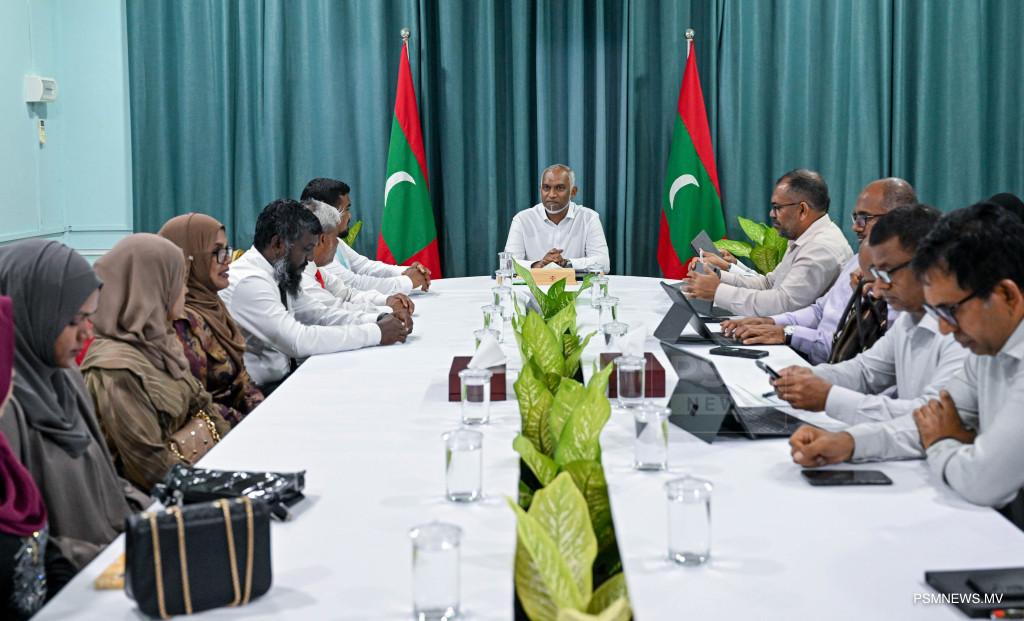
The government has advanced a sweeping package of constitutional and legislative amendments that would abolish Atoll Councils and recalibrate local representation according to population size, a move officials describe as a fundamental restructuring of the country’s decentralised system of governance.
At the centre of the initiative is an amendment to Article 230 of the Constitution, which governs decentralised administration. The proposal would strike provisions establishing Atoll Councils. Complementary changes to the Local Council Elections Act, submitted by North Fuvahmulah Member of Parliament Hamad Abdulla on behalf of the government, would excise all references to Atoll Councils from the statute.
President Dr Mohamed Muizzu has confirmed that Atoll Councils will be dissolved and that the composition of island councils will be adjusted in line with population size before the Local Council Elections scheduled for next year.
The most extensive revisions are contained in amendments to the Decentralisation Act, introduced by Inguraidhoo Member and Parliamentary Majority Leader Ibrahim Falah. The bill establishes a tiered system for council size, under which islands with fewer than 2,000 residents would elect three councillors, a reduction from the current requirement of five, while islands with populations exceeding 2,000 would continue to appoint five councillors.
Provisions for female representation remain, scaled to reflect the revised council sizes. Councils electing three members must reserve one seat for women, while councils with five members will continue the existing practice of reserving two seats.
The reforms also extend to Women’s Development Committees (WDCs). Membership size would be aligned with the number of councillors elected for each island. In a significant change, the President of the WDC would be elected by secret ballot among citizens, mirroring the process used for council presidents. The role is designated as a full-time position, a measure endorsed by President Muizzu, who confirmed that the elected WDC President would serve in a full-time capacity.
The current terms of both councils and WDCs are set to expire next year. The Elections Commission of Maldives has finalised plans to hold the next Local Council Elections in March. The government has stated that the amendments will take immediate effect upon passage by the legislature and ratification by President Muizzu.
